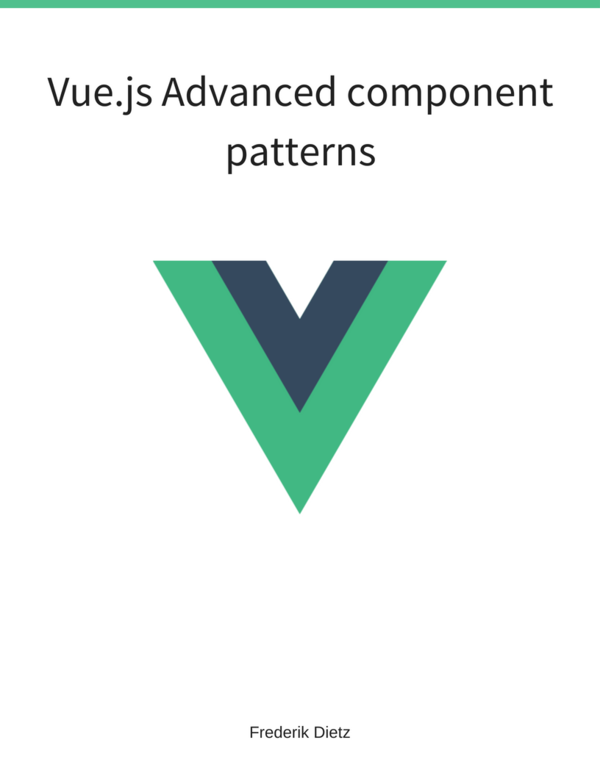Consuming JSONP APIs
Problem
You wish to call a JSONP API.
Solution
Use the $resource service and configure it to use JSONP. As an example we will take the Twitter search API here.
The HTML template lets you enter a search term in an input field and will render the search result in a list.
<body ng-app="MyApp">
<div ng-controller="MyCtrl">
<input type="text" ng-model="searchTerm" placeholder="Search term">
<button ng-click="search()">Search</button>
<ul ng-repeat="tweet in searchResult.results">
<li>{{tweet.text}}</li>
</ul>
</div>
</body>The $resource configuration can be done in a controller requesting the data:
var app = angular.module("MyApp", ["ngResource"]);
function MyCtrl($scope, $resource) {
var TwitterAPI = $resource("http://search.twitter.com/search.json",
{ callback: "JSON_CALLBACK" },
{ get: { method: "JSONP" }});
$scope.search = function() {
$scope.searchResult = TwitterAPI.get({ q: $scope.searchTerm });
};
}You can find the complete example on github.
Discussion
The Twitter search API supports a callback attribute for the JSON format as described in their documentation. The $resource definition sets the callback attribute to JSON_CALLBACK, which is a convention from Angular when using JSONP. It is a placeholder that is replaced with the real callback function, generated by Angular. Additionally, we configure the get method to use JSONP. Now, when calling the API we use the q URL parameter to pass the entered searchTerm.
